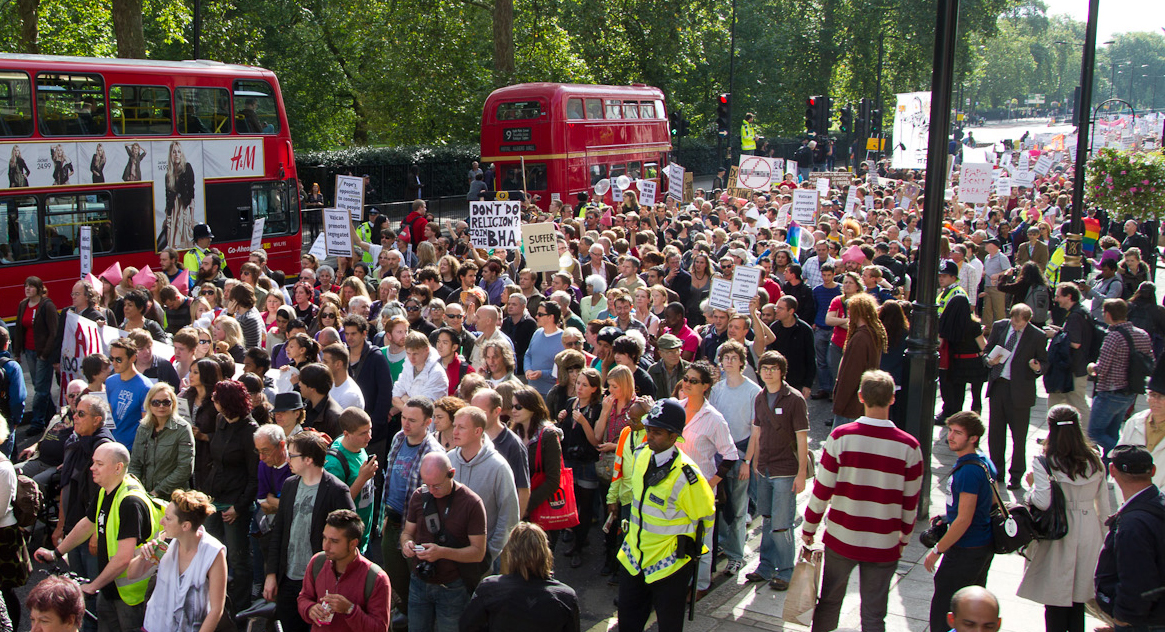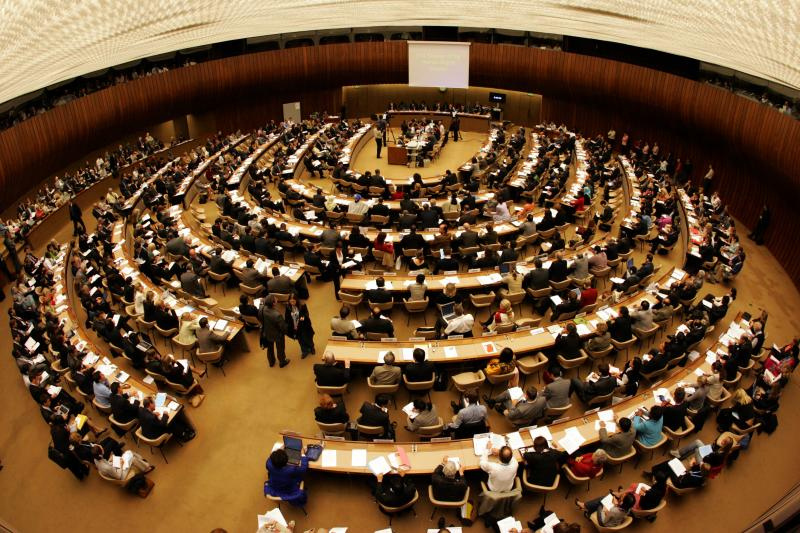Earlier this year, in another role, I was surveying the residents of Bosworth on local issues. Amongst the questions I was asking them was this impartial gem: ‘Given that David Tredinnick has spent hundreds of pounds of taxpayers’ money on astrology software to aid him in his constituency duties, how does this affect your likelihood of voting for him in future?’ Mr Tredinnick has also advised surgeons not to operate when there is a full moon, and is a keen supporter of homeopathy. Many of his questions raised in the House of Commons have concerned the virtues of alternative medicine.
His constituents were stunned. There were a few of course who stood staunchly by him, the colour of his politics being to their liking. But many interrupted me with guffaws of ‘what the?!’ and a fabulous selection of expletives. That many members of the British public cannot name their MP sadly comes as no surprise. However, how many of us constituents know what our own MP gets up to in Parliament? What causes they put their weight behind? The audience they command to voice their own idiosyncrasies?
David Tredinnick is Chairman of the All-Party Parliamentary Group for Integrated Healthcare. He is on the health committee and science committee. He is not in those capacities as a medical professional or scientist, but he does hold a great deal of sway. He has the power to shape policy driven by his own opinions, not research or fact. He is putting his trust in mere sorcery, over established medical practice, and innovative medical and scientific research. He has spoken out recently in support of astrology within healthcare, citing 20 years of research.
On the one hand, his comments are quite amusing. Politics loves vivid characters, and this survey produced hysteric giggles in my office, and much joking for weeks afterwards about our astrological compatibility in the workplace. The other viewpoint is dismay and disgust. This is not funny. This is an MP who puts superstition on a pedestal and takes it into the heart of Government. His position on the APPG influences policy. There are fewer important areas of policy, with the potential to touch us all, than healthcare.
People in office are powerful – their mere opinions can have great consequences. Their opinions. Not research, or results, or proven processes. Governments need to be held to account. The BHA, its members, and the voting public have a duty to hold MPs to account. We may disagree on key issues, my local MP might not be from my favourite party, however when an MP voices support for a matter as trivial as astrology, I as a constituent would be gravely concerned.
Horoscopes are fun. Superstition, mostly harmless. Years ago in the police force, my colleagues and I would observe, ‘it’s a full moon tonight,’ expecting a troublesome night ahead. But no one could seriously justify extra staff on a lunar monthly basis, without clear evidential proof correlating a rise in crime with the phases of the moon. It’s madness. Some alternative therapies can yield results. Several provide comfort. If a new treatment could demonstrate beyond reasonable doubt its medicinal effect, it deserves recognition. Research and results are the only dependable source. The bizarre homeopathy David Tredinnick champions, and his reliance on astrology, are not things the taxpayer should be footing the bill for. Mr Tredinnick is welcome to consult his horoscope in the daily papers, but he is foolish if he wishes to take it into work with him. Especially when that work is in Government.






